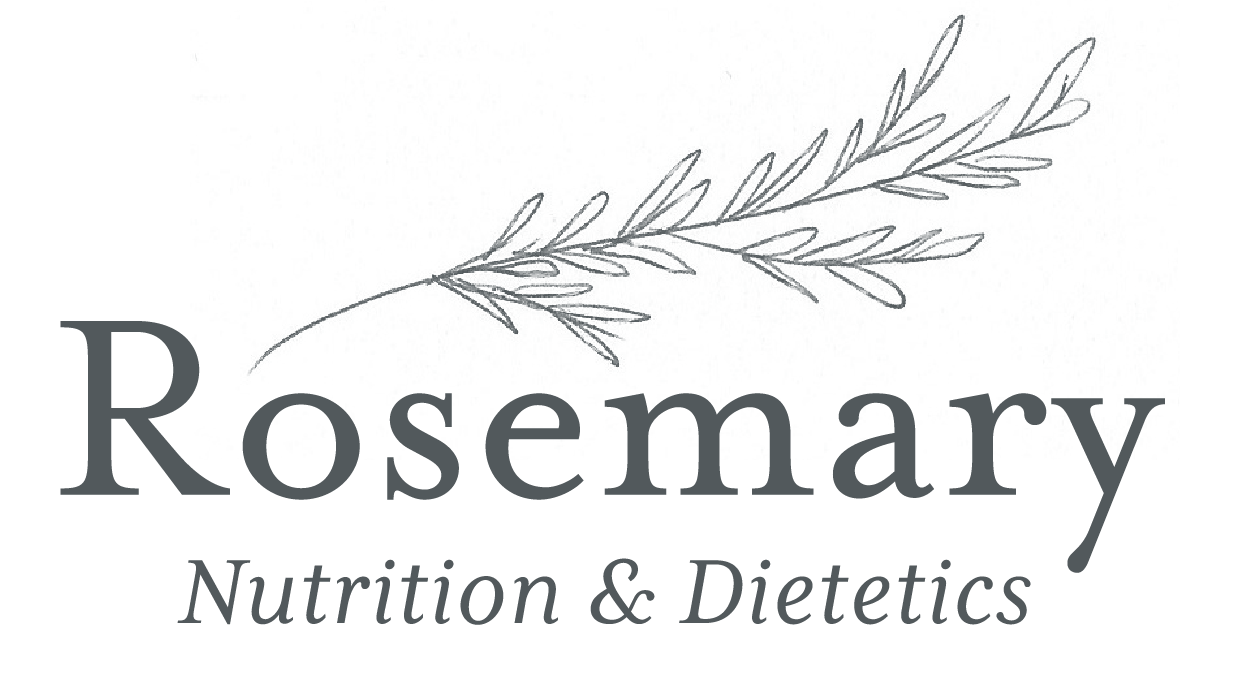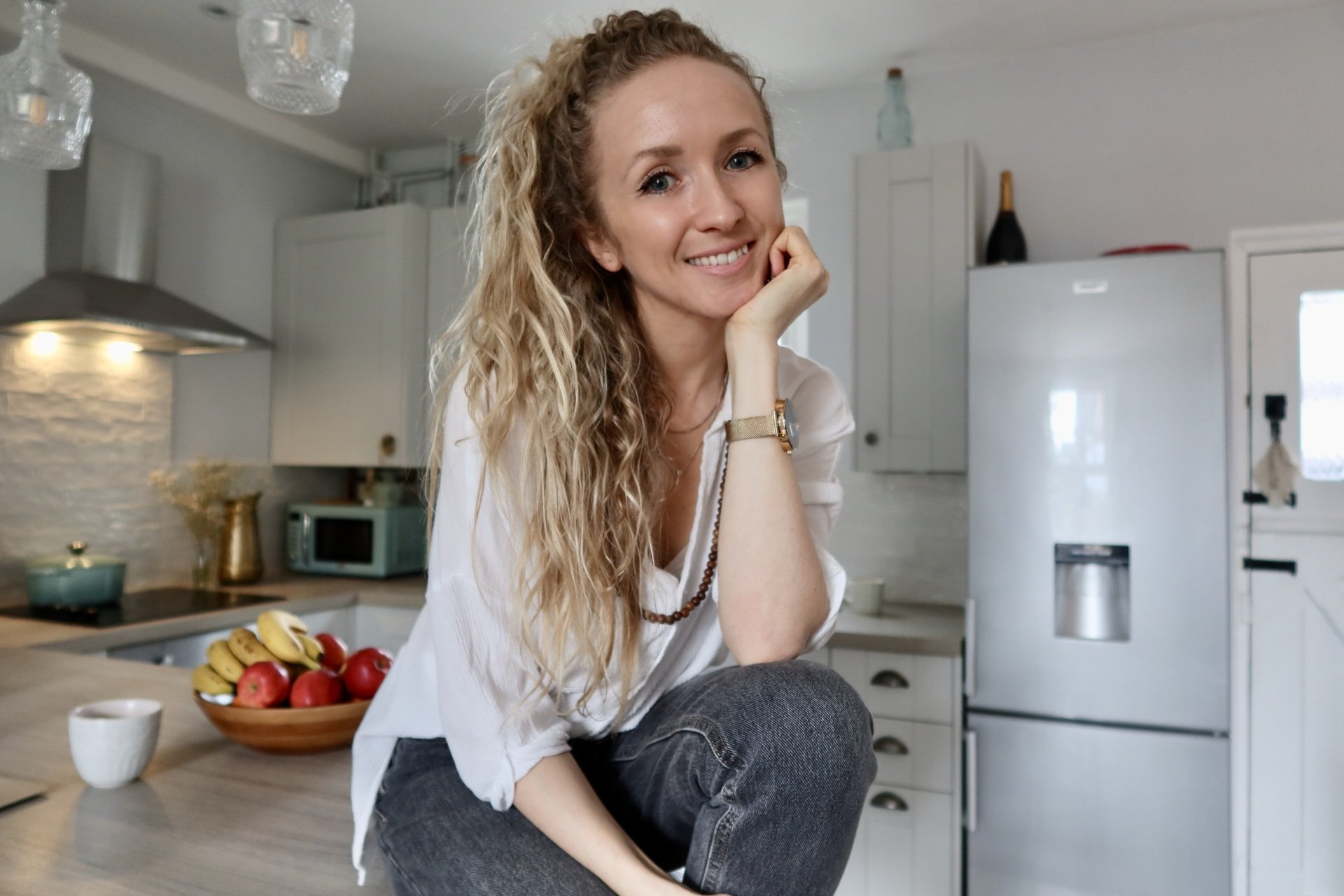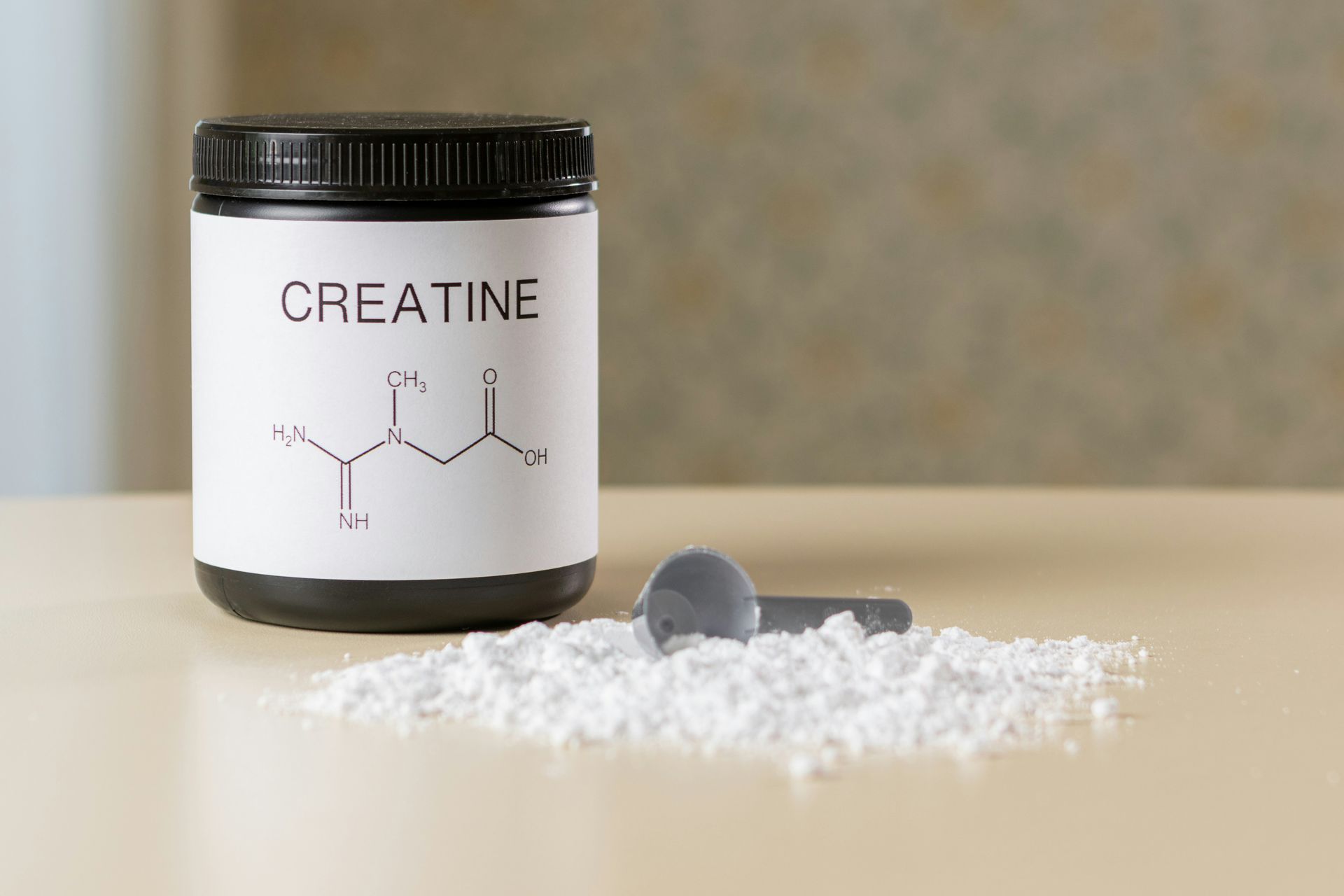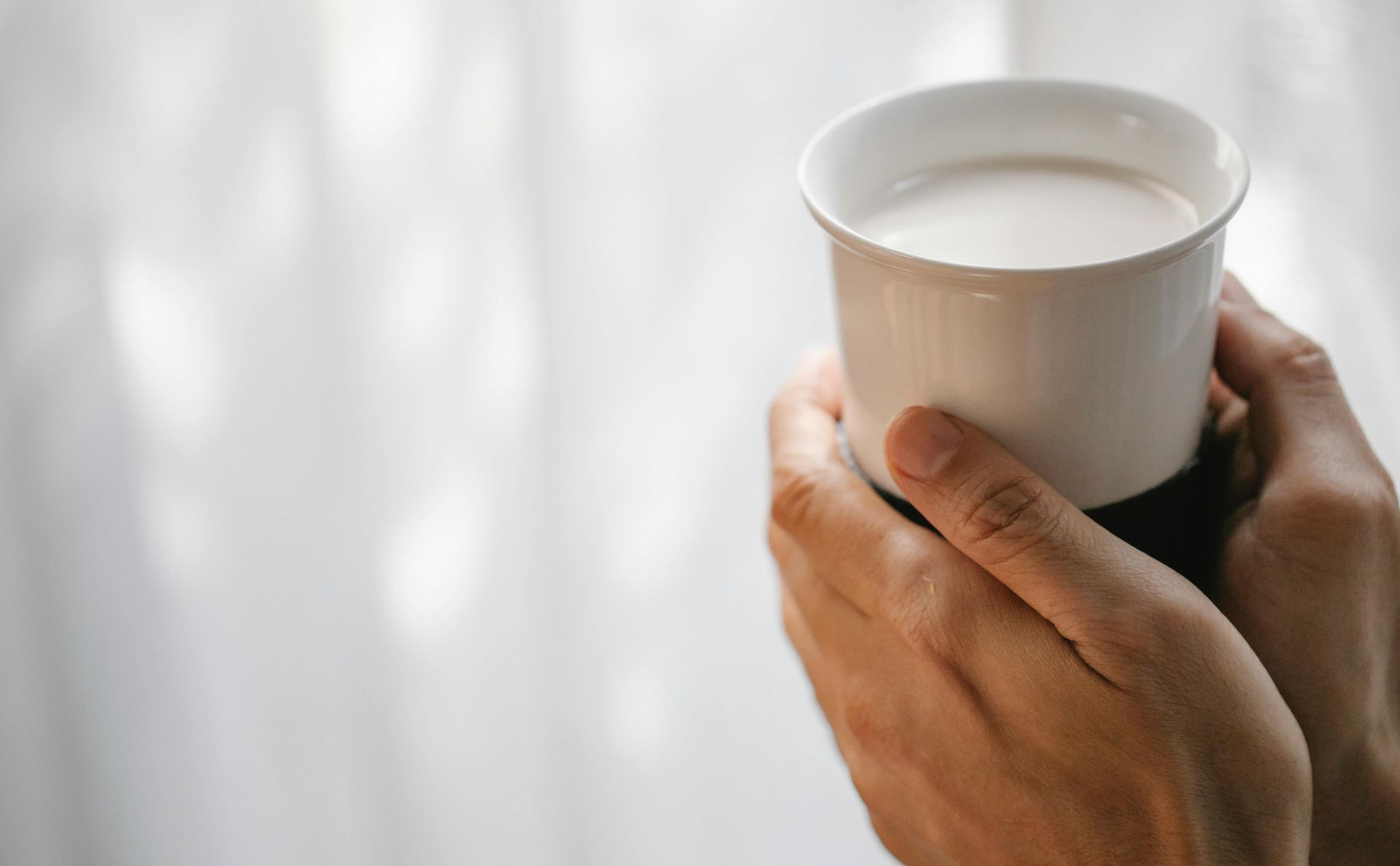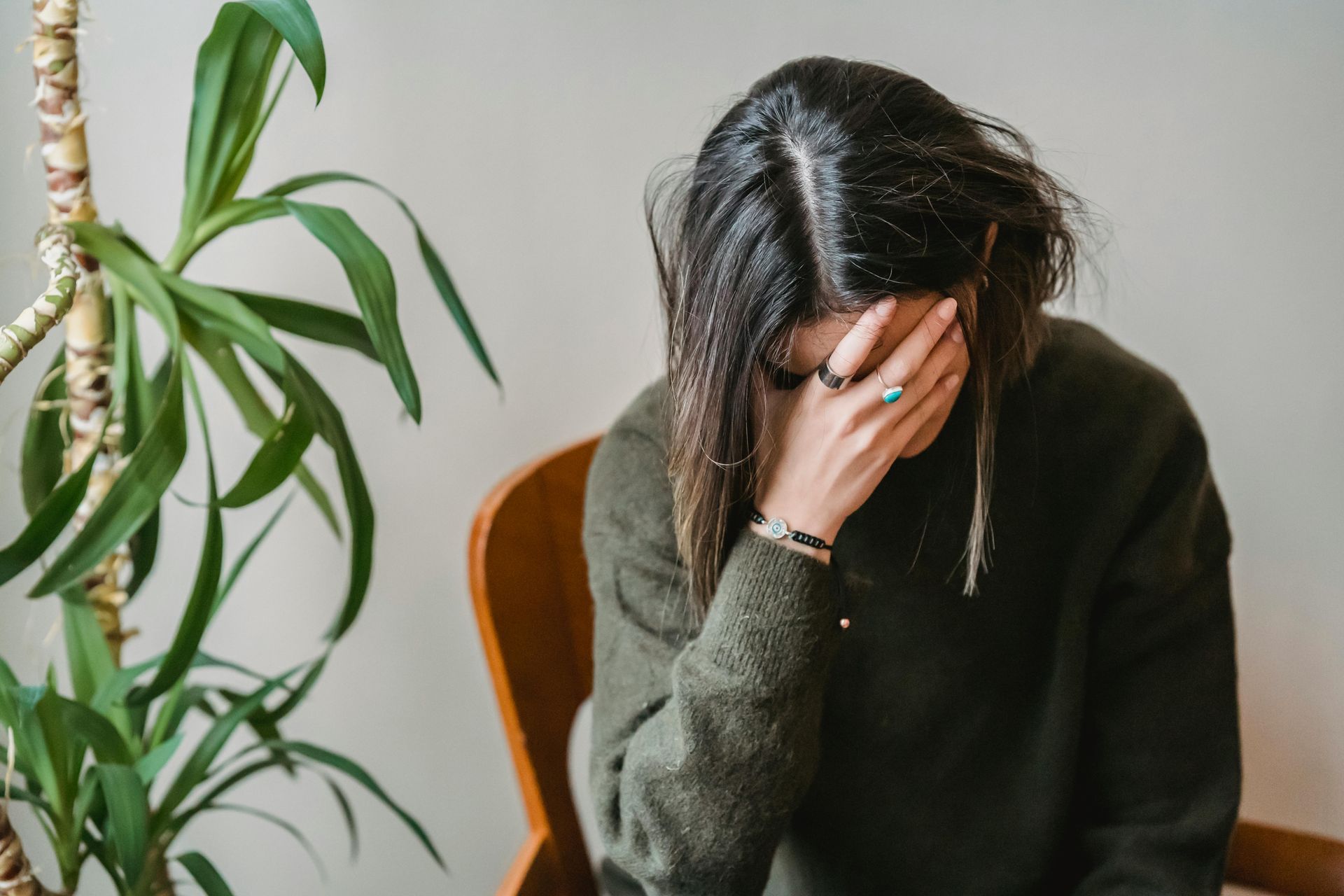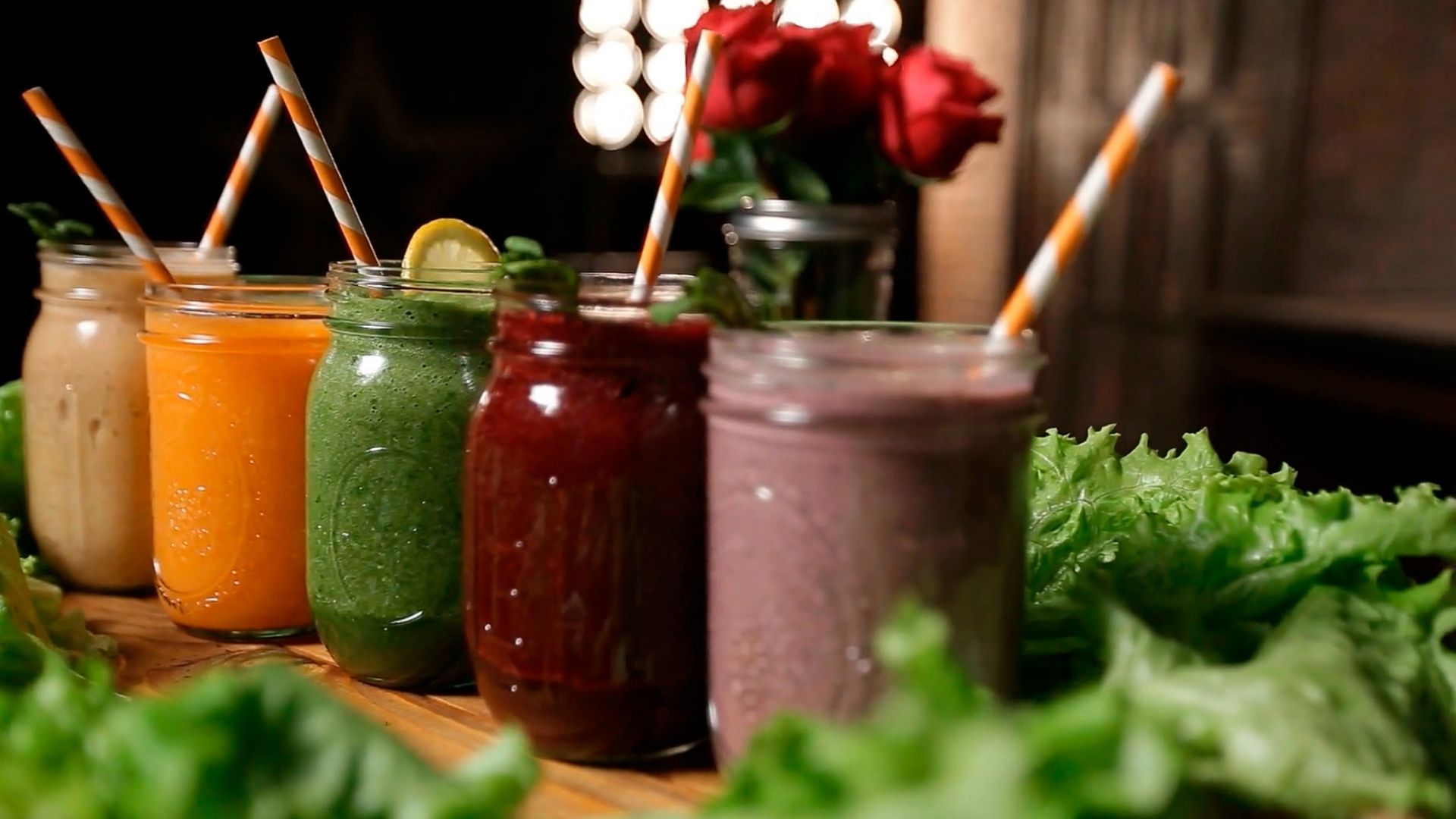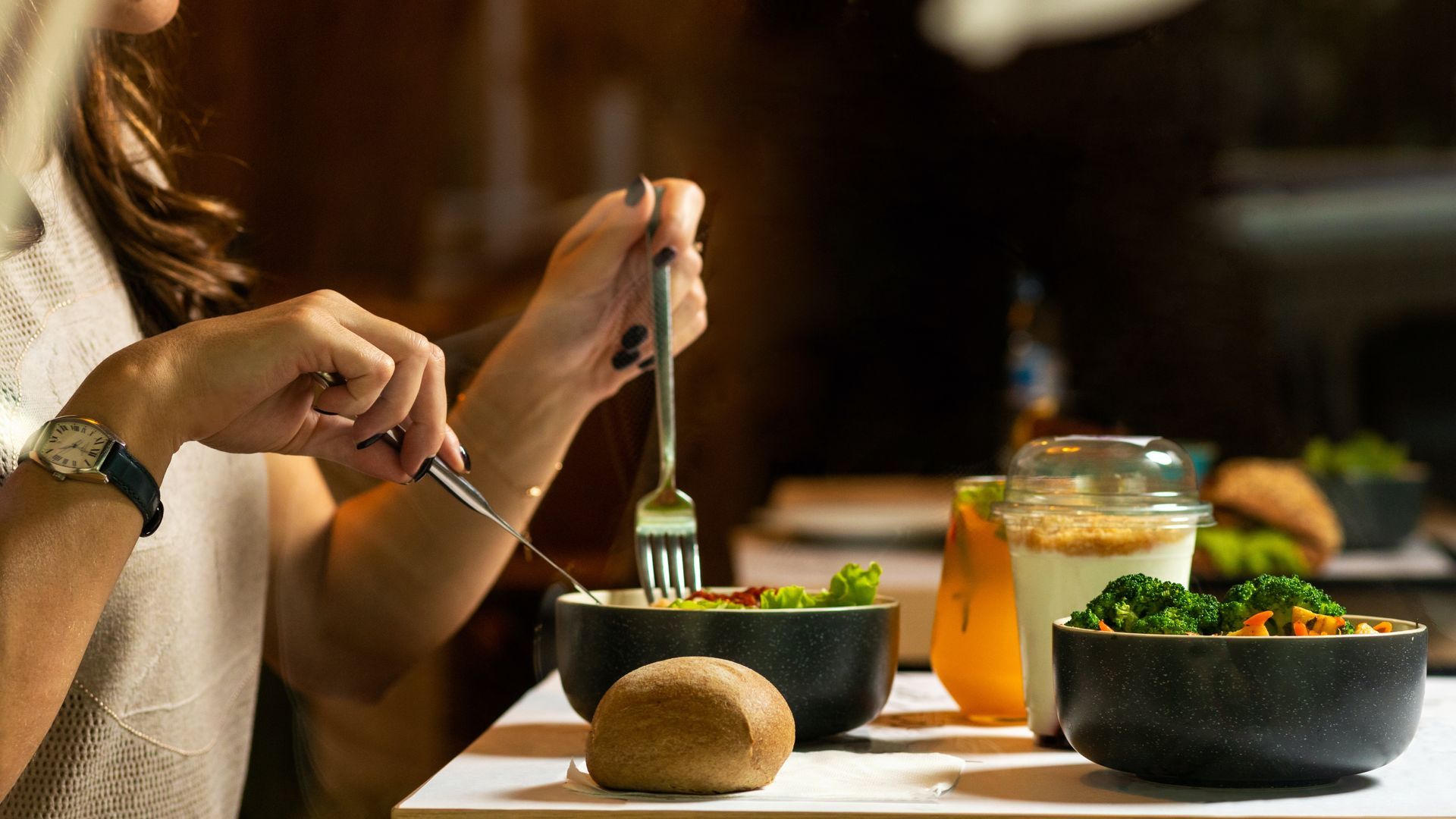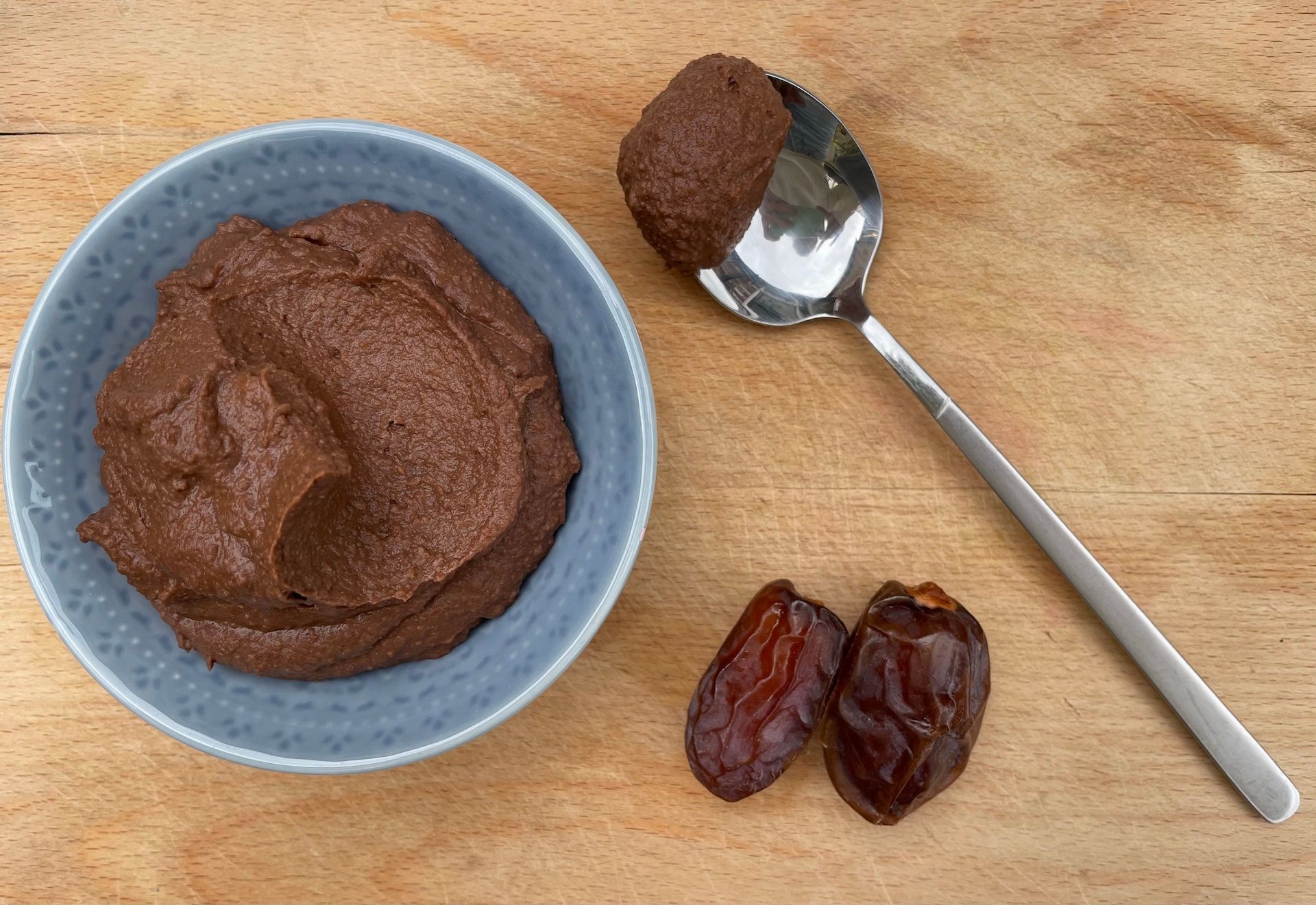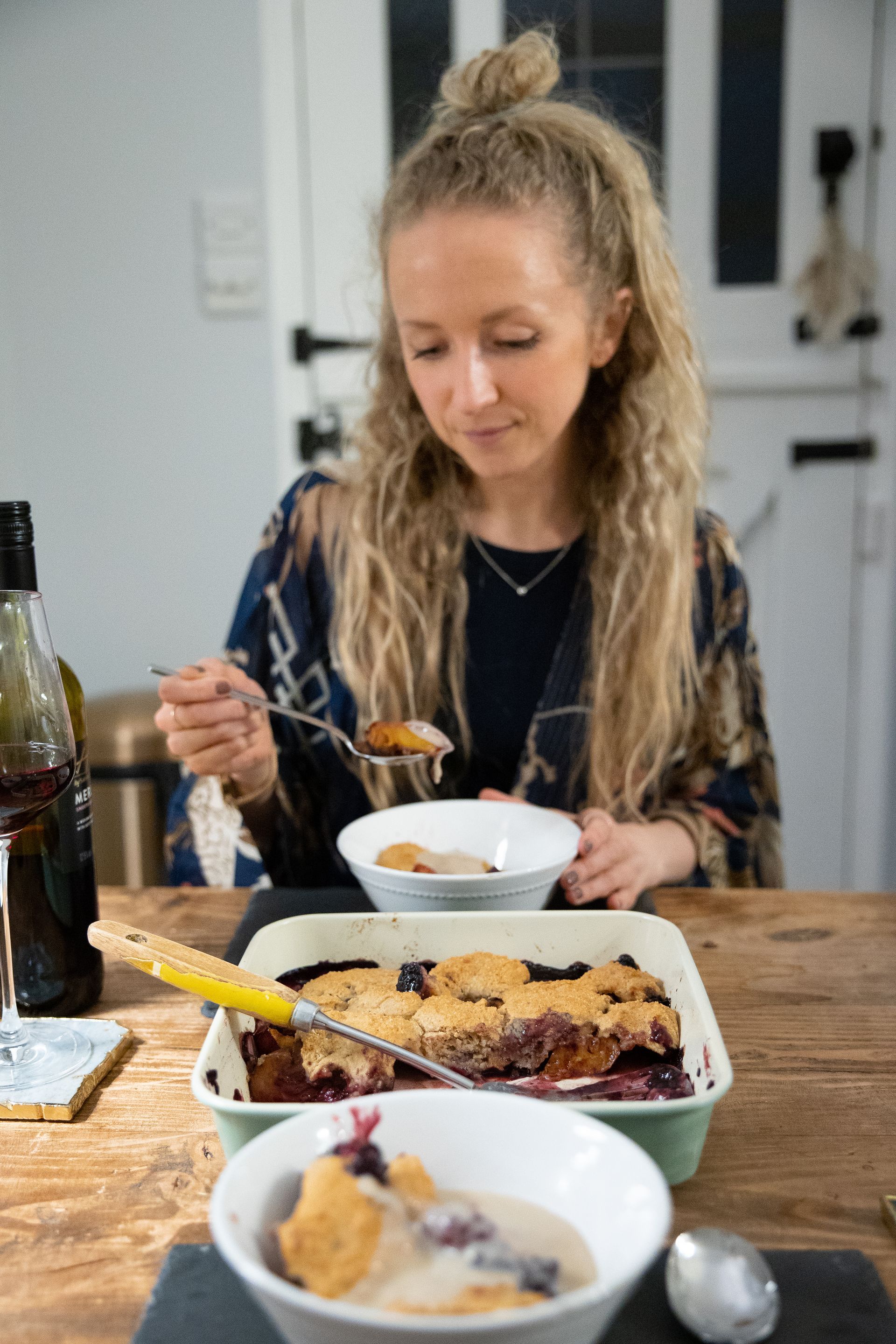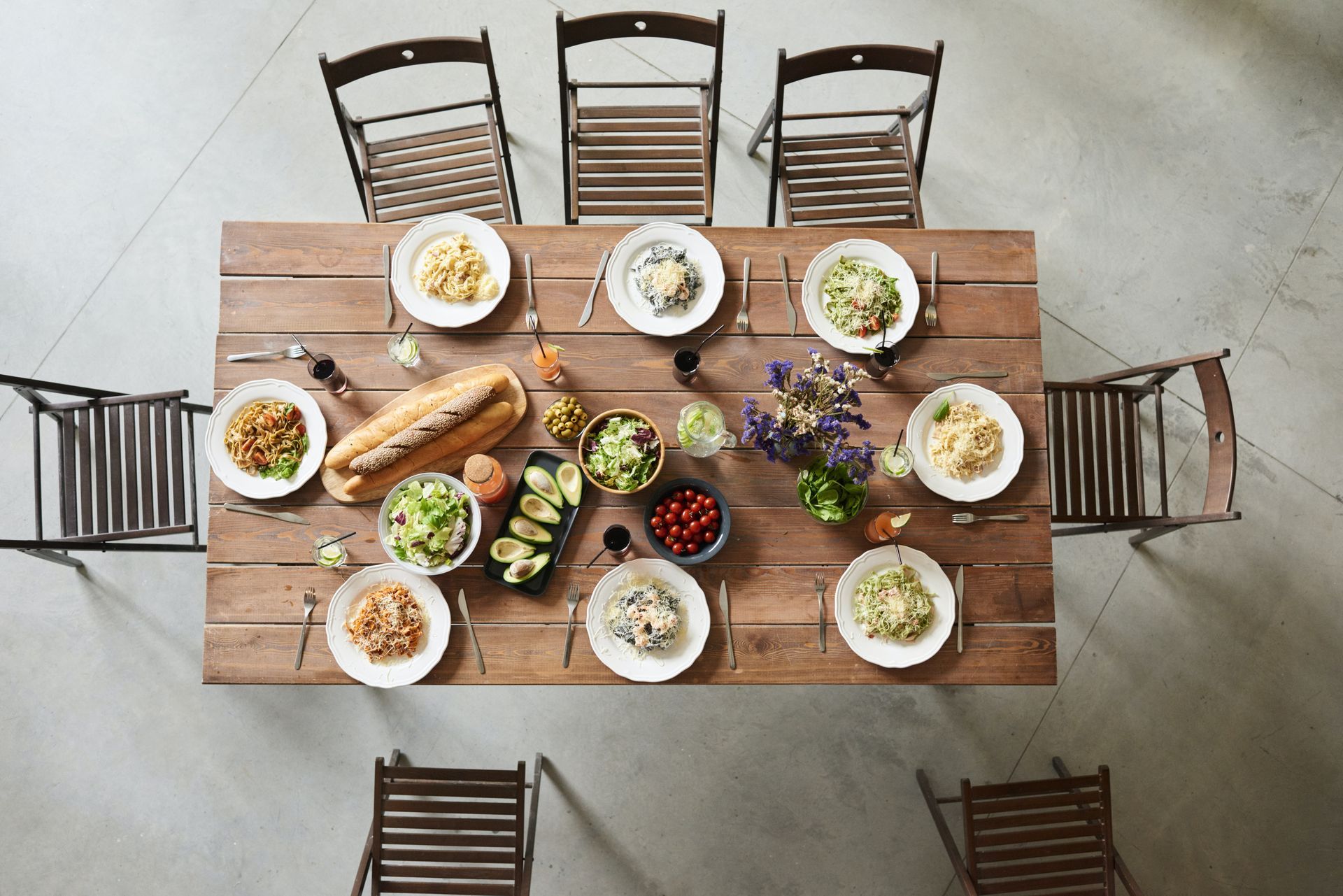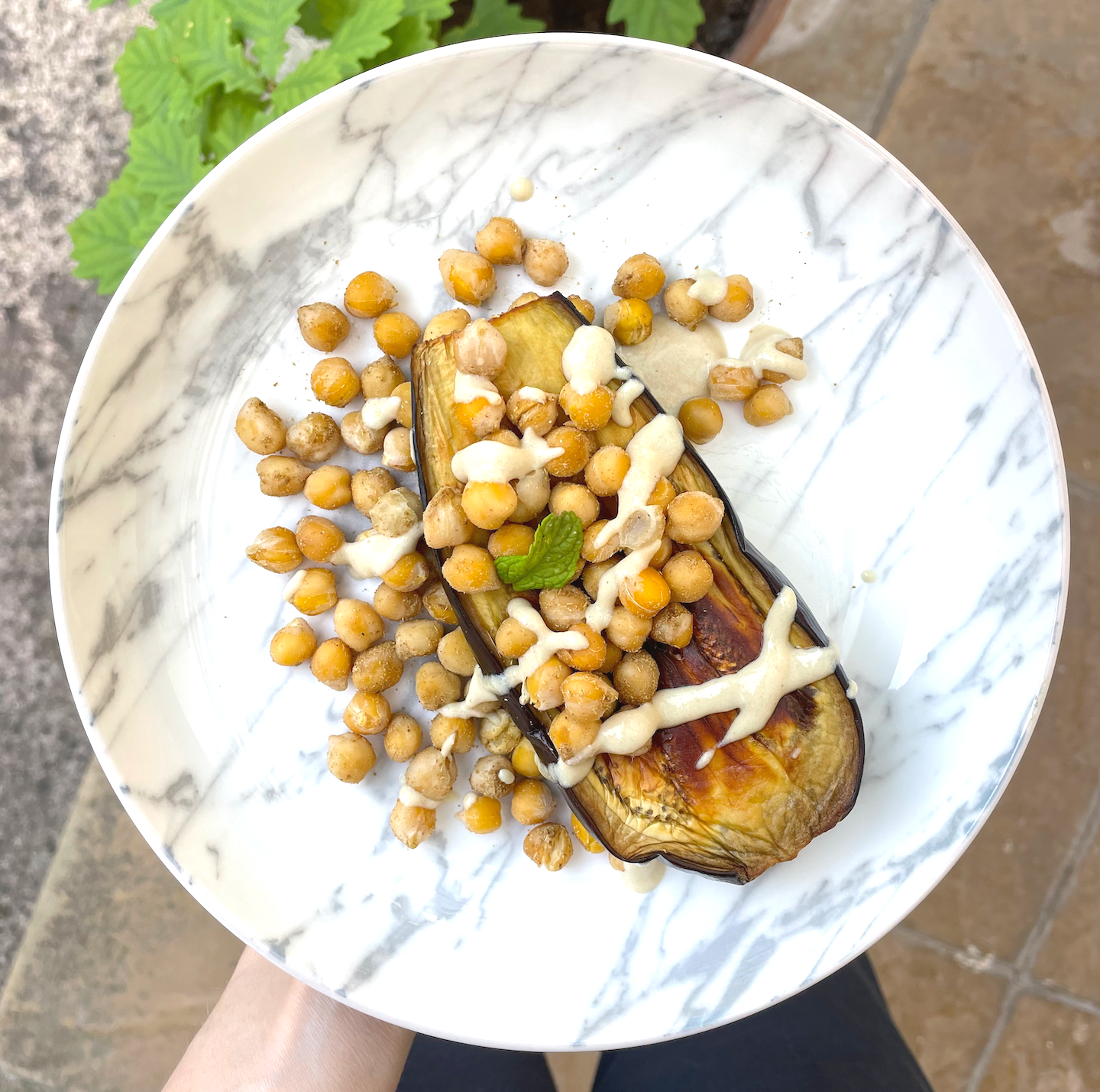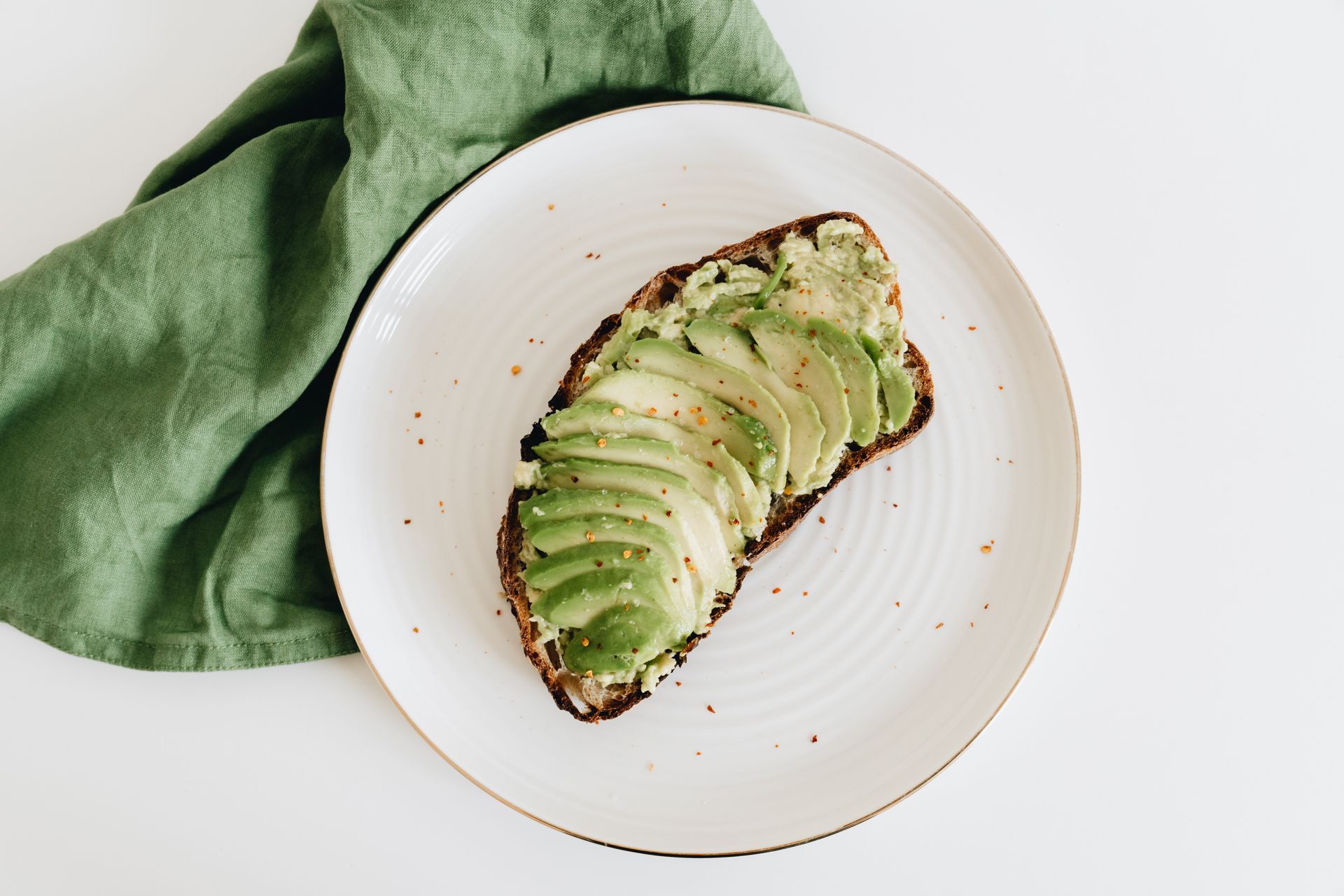Say Hello
Join our newsletter
Join our newsletter
Iron Deficiency on a Vegan Diet
Iron is a mineral that receives a lot of attention in vegan and plant-based nutrition. But what is iron? Should vegans really be concerned about getting enough?
Iron is all around us, in our environment, in our food and within our bodies. We need iron to make a protein called haemoglobin, which transports oxygen around our body via red blood cells. Iron also supports our immune system, our growth and development and even our learning and behaviour(1). Iron is crucial for human health and so it is important that we get a regular supply through our food.
What happens if we don’t get enough iron?
Although not eating enough iron-rich food can cause a deficiency, it can also be caused by blood loss and reduced absorption. If you are low in iron, it’s important to speak to your doctor about why this might be.
If iron is in short supply, our body cannot make enough haemoglobin, limiting the delivery oxygen to our muscles. Early signs of a deficiency can therefore include tiredness, low energy, and pale skin. Severe iron deficiency, or ‘iron deficiency anaemia’ (IDA) can result in brittle nails, thinning hair, itchy skin, heart palpitations and mouth ulcers(2).
The daily UK iron recommendation is 8.7mg(3). Menstruating women are more at risk of low iron due to regular blood loss during their period. Women aged between 19 and 50 are therefore recommended to get 14.8mg per day(3). Unfortunately, 54% of girls and 27% of women have very low iron intake, regardless of their dietary choices(4).
Can going vegan cause iron deficiency?
Due to our historical and cultural emphasis on the iron content of meat, as well as strong marketing campaigns by the meat industry, there is a widely held belief that a vegan diet is iron deficient. However, a large study of over 40,000 women found that vegans did not have lower intakes of iron than meat-eaters(5). In fact, studies have shown vegan populations to have a higher intake of iron than other dietary patterns(5).
So, if vegans are getting lots of dietary iron, do we really need to worry? Concern stems from the absorbability (or ‘bioavailability’) of iron from plants. Iron comes in two forms: haem iron and non-haem iron. Haem iron comes from animal foods and is highly absorbable. Non-haem iron comes predominantly from plants and is less well-absorbed. This is because plant foods contain other substances, such as phytates, that bind with minerals like iron, reducing the amount we can absorb(1). Phytates are found in many healthy plant foods including wholegrains, legumes, nuts and seeds. These foods are loaded with beneficial substances such as fibre, phytonutrients and antioxidants so we should not be trying to avoid them.
The reduced bioavailability of iron from plants may be why long-term vegans have been found to have lower iron stores(7). Despite this, vegans are at no higher risk of developing IDA than anyone else(6). Consuming iron from plant foods actually allows our body to have more control over absorption. If iron stores are low, our body adapts to absorb more from plant foods, if we have enough, absorption decreases(1).
In contrast, iron from meat is readily absorbed whatever our iron status. This can be a bad thing as the human body has no efficient way to get rid of excess iron. Iron can be considered a pro-oxidant, with high levels identified as a risk factor for type 2 diabetes, cardiovascular disease, neurodegenerative diseases, and cancer(8). So, meeting your iron needs with a range of healthy, iron-rich plants and accepting a slightly lower store of iron (within a healthy range) may be the best decision after all!
Maximising iron absorption
There are ways of preparing plant foods that can increase your body’s ability to absorb iron. Pairing plant-based iron with a source of vitamin C can increase absorption up to 6 fold(1). Conveniently, plant-based diets are naturally rich in vitamin C. In addition, don’t drink tea or coffee with your meals, as tannins in these drinks act in a similar way to phytates, reducing iron absorption. Another unusual but useful tip is to cook using cast iron pans; small amounts of iron leach into your cooking and can boost your iron intake!
Top 10 vegan sources of iron:
Fortified cereals
One sachet of fortified instant oats can provide a whopping 7.8mg of iron. Choosing 30g of fortified bran flakes will provides 2.4mg of iron.
Absorption boost: add 80g of strawberries.
Pumpkin seeds
Adding 2tbsp of pumpkin seeds to your meal will provide 3mg of iron.
Absorption boost: add 150ml glass of fruit juice.
Tempeh
Just 100g of this fermented soya product provides 3.6mg of iron.
Absorption boost: pair with some steamed broccoli.
Baked beans
Beans on toast is a win for an iron rich meal, with 200g of baked beans providing 2.8mg of iron.
Absorption boost: finish your meal with a kiwi.
Quinoa
Cook 50g of quinoa and stir into a salad to get 3.9mg of iron.
Absorption boost: squeeze some lemon or lime juice over the top.
Wholewheat pasta
Cook up 75g of dry wholewheat pasta and your meal will contain 2.4mg of iron.
Absorption boost: mix in some kale.
Wholemeal bread
Having a sandwich using 2 slices of wholemeal bread will provide 1.8mg of iron from the bread alone.
Absorption boost: add in some sliced bell pepper.
Tahini
Just 1tbsp will provide 1.6mg of iron. Drizzle it over your salad or use in your hummus.
Absorption boost: pair it with lemon juice.
Cashew nuts
Snack on a handful of cashew nuts for 1.9mg of iron.
Absorption boost: pair with blackcurrants for a dose of vitamin C.
Sunflower seeds
Sprinkle 2tbsp over your breakfast or lunch for 1mg of iron.
Absorption boost: enjoy pineapple after your meal.
Other sources of plant-based iron include red kidney beans, lentils, oats, chickpeas, peas, couscous, dried apricots, almonds, spring greens, oatcakes, hazelnuts, tofu, spinach, kale, dried prunes, walnuts, hemp seeds, chia seeds, brown rice, peanuts, raisins, flaxseeds, dark chocolate (minimum 70%), prunes and figs(9).
Iron supplementation
Most of us can get all the iron we need from a well-planned diet, so supplementation is often unnecessary and can be harmful. If you have any concerns, or a condition that puts you at a higher risk of deficiency, get your iron levels checked by a healthcare professional who can advise on the best course of action for you.
One of the supplements I sometimes use to help top up my iron in take is from Vegums. If you'd like 20% off any Vegums today, use the code ROSIE20 at checkout.
Hello! I'm Rosie, a vegan and plant-based registered dietitian, I work in the NHS and I am founder of Rosemary Nutrition & Dietetics.
If you want more from me, sign up to my mailing to list via the contact page to receive a free 7 day meal plan with recipes and a shopping list, plus extra freebies via email.
You can contact me at
rosie@rosemarynutrition.co.uk or follow me on Instagram at
@plantdietitianrosie.
References
1. Davis, B & Melina V. 2014. Becoming Vegan Comprehensive Edition. Book Publishing Company 2014. Canada.
2. https://www.bda.uk.com/resource/iron-rich-foods-iron-deficiency.html
3. https://www.nhs.uk/conditions/vitamins-and-minerals/iron/
4. https://assets.publishing.service.gov.uk/government/uploads/system/uploads/attachment_data/file/699241/NDNS_results_years_7_and_8.pdf
5. https://pubmed.ncbi.nlm.nih.gov/12740075/
6. https://www.clinicalnutritionjournal.com/article/S0261-5614(20)30656-7/fulltext
7. https://pubmed.ncbi.nlm.nih.gov/27880062/
8. https://www.ncbi.nlm.nih.gov/pmc/articles/PMC5977983/
9.
Govindji A. 2020. Savvy Vegan. Pavilion Books Company. London.
